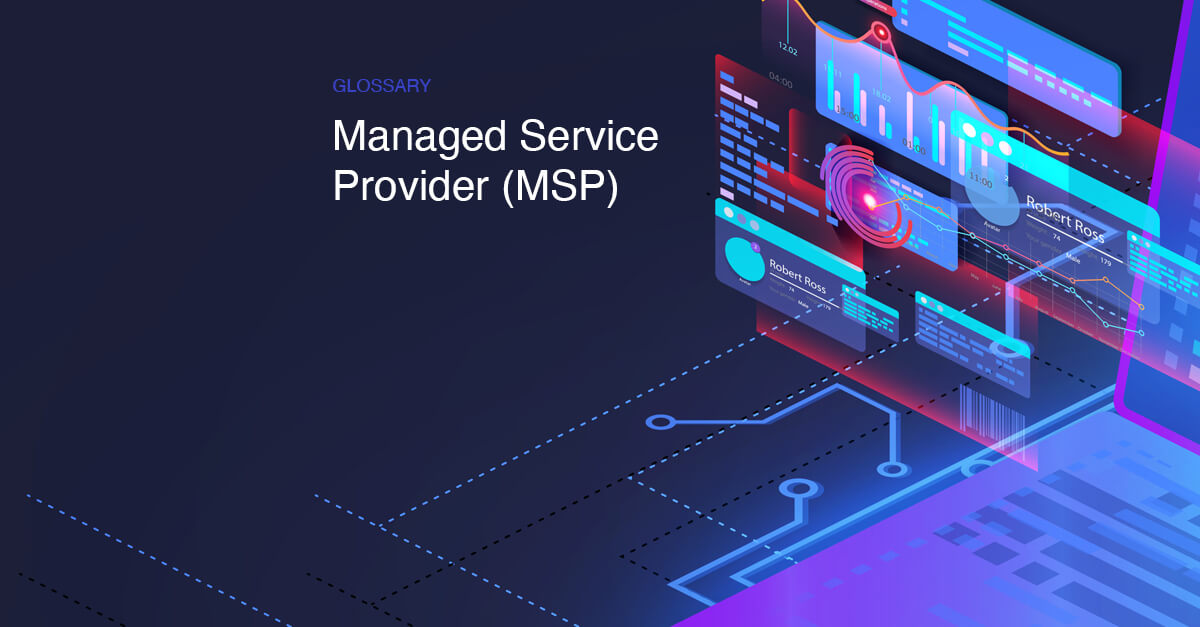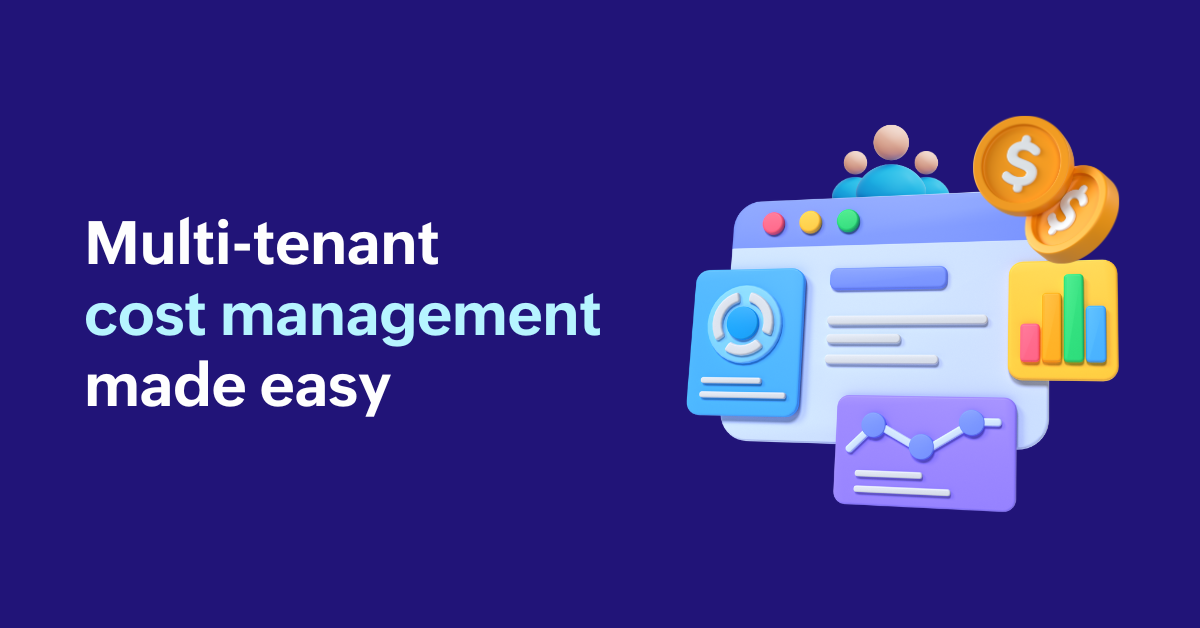What is a Managed Service Provider and why should you consider one
In a world that is becoming increasingly digital, technology is essential for virtually every business. But let’s be honest: managing a complex IT environment not only takes time and money—it also requires expertise that isn’t always available in-house. And that’s exactly where Managed Service Providers (MSPs) come in. But what exactly does an MSP do? What are the advantages compared to an internal IT department? And what is this emerging service called Compliance as a Service (CaaS) that you keep hearing about? You’ll find out here.
What Does a Managed Service Provider Do?
A Managed Service Provider (MSP) is an external IT partner that remotely manages and maintains your IT environment. Think of network management, cybersecurity, cloud services, helpdesk support, and more.
The big advantage? You no longer have to worry about technical issues or updates — your MSP takes care of it. That way, you can focus on what you do best: running your business.
Why Choose an MSP?
Here are a few good reasons:
-
Cost savings – No need for expensive hardware, software licenses, or full-time IT staff. MSPs typically work with fixed monthly fees, making costs predictable.
-
24/7 Monitoring – While internal teams usually work office hours, MSPs monitor your systems around the clock. Issues are resolved before you even notice them.
-
Proactive approach – Rather than putting out fires, MSPs perform preventative maintenance and automated updates. Less downtime = more productivity.
-
Access to specialist knowledge – MSPs have a wide team of experts, from network security to cloud migrations.
-
Scalability – Growing fast? An MSP can easily scale up or down with your business.
MSP vs. In-House IT: The Comparison
| Characteristic | Internal IT | Managed service Provider (MSP) |
| Coststructure |
High fixed costs |
predictable monthly costs |
| Scalability | limited by team size and budget | easily scalable |
| Availability | Office hours only | 24/7 support, even in emergencies |
| Expertise | dependent on individual knowledge | multidisciplinary expert team |
| Responsiveness | often reactive | Proactive thankt to monitoring |
| Continuity | vulnerable to illness or staff turnover | guaranteed acces to experts |
What Services Does an MSP Offer?
A good MSP offers more than just “technical support.” Services may include:
-
Network and infrastructure management
-
Security services (firewalls, antivirus, patch management)
-
Cloud management and migrations
-
End-user support (helpdesk)
-
Compliance as a Service (CaaS)
What Is Compliance as a Service (CaaS)?
As regulations become stricter (think DORA or NIS2), compliance is no longer a “nice-to-have” — it's a necessity. But staying compliant is complex and time-consuming.
CaaS is the solution. An MSP helps your organization comply with regulations by taking over (partially or fully) processes, controls, and reporting.
CaaS includes:
-
Monitoring for compliance deviations
-
Risk assessments and internal audits
-
Documentation and reporting for regulators
-
Implementation of standards like ISO27001 or SOC2
Why Does That Matter?
-
Lower risk of fines or data breaches
-
Faster and smoother audits
-
Increased trust from customers and stakeholders
-
No worries about changing regulations
CaaS is a gamechanger, especially for organizations in healthcare, finance, government, or education.
In Conclusion: Is an MSP Right for Your Organization?
Partnering with a Managed Service Provider brings major benefits: lower costs, improved efficiency, better security, and peace of mind. With additional services like CaaS, you’ll also be ready for the future of compliance.
Whether you're a fast-growing scale-up or an established organization in a regulated industry — an MSP can be the partner that helps you realize your digital ambitions.

Sign up for our newsletter
Stay updated with our latest products and offers by subscribing to our newsletter

Sign up for our newsletter
Stay updated with our latest products and offers by subscribing to our newsletter




